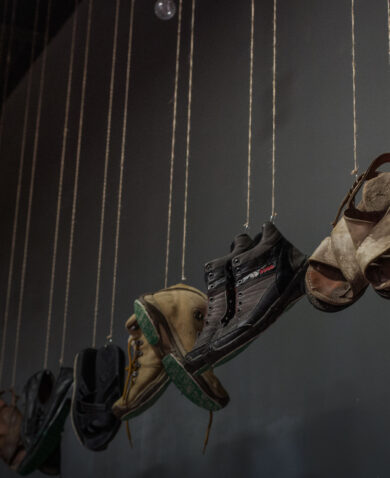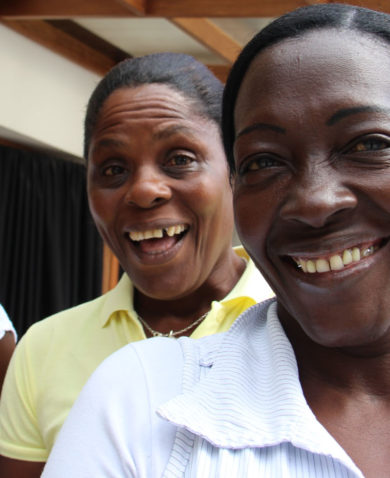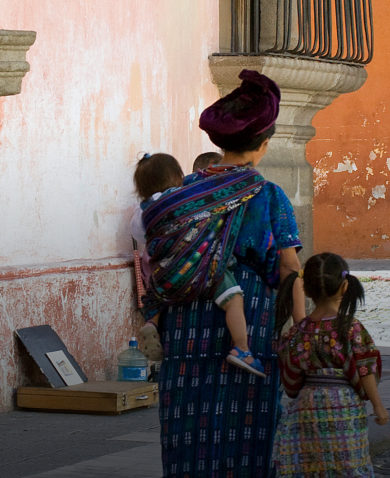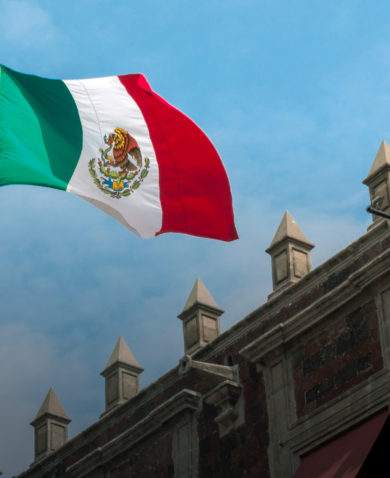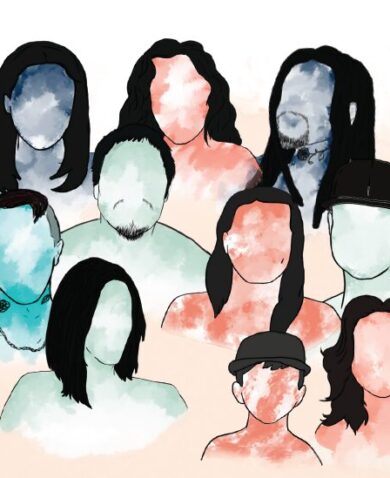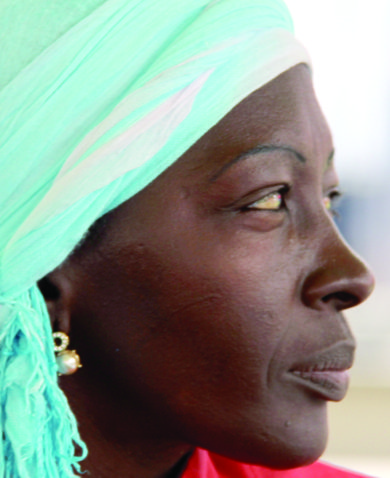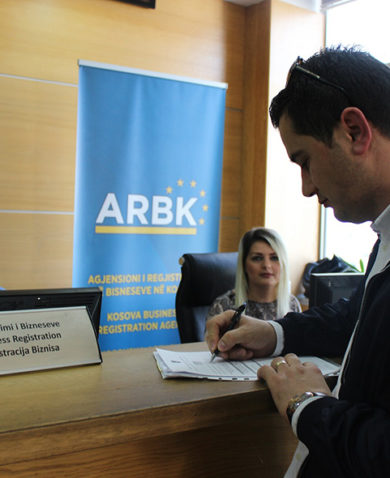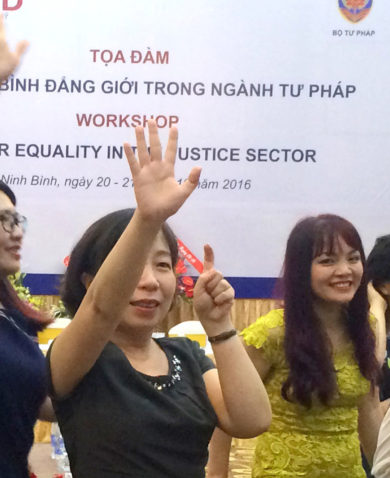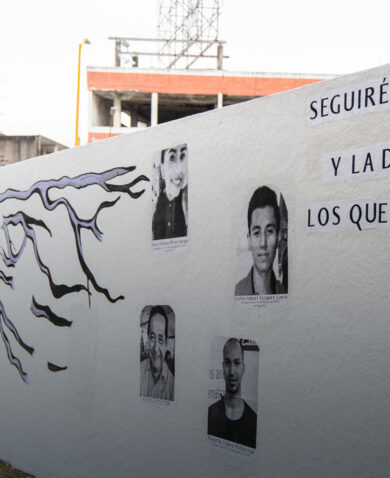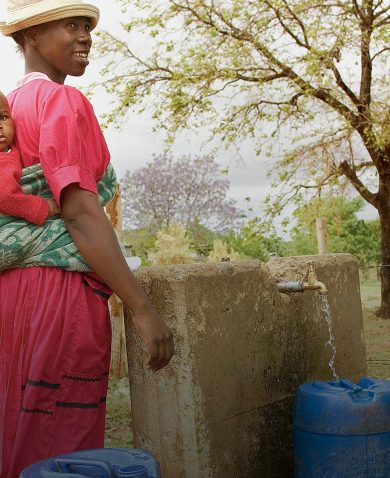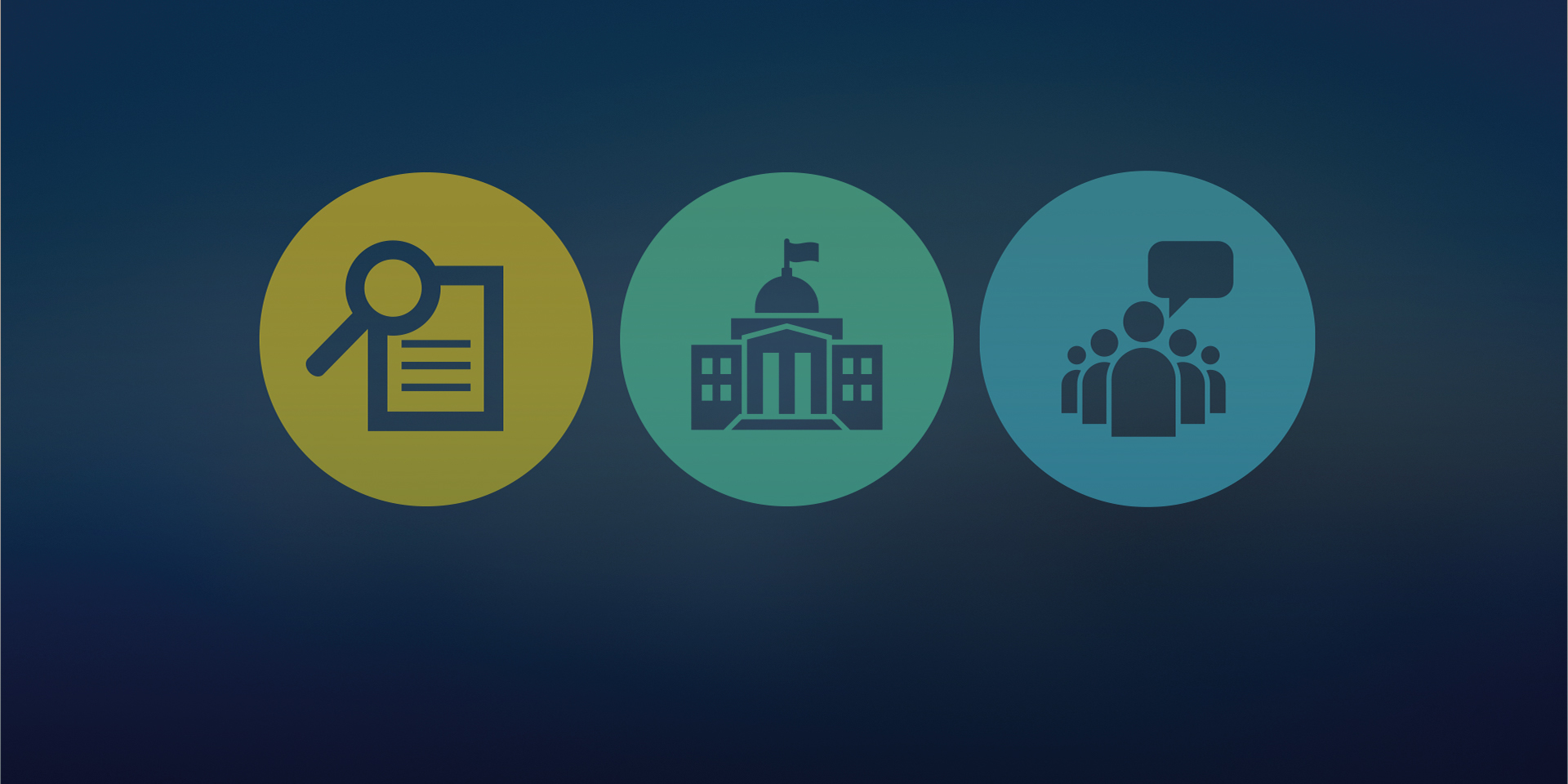
The Policy Communities Approach to Integrating Democracy and Governance
January 12, 2016 | 3 Minute ReadFormer chief of party John Johnson shares a model for integrating democracy and governance into other technical sectors that his team developed and tested with success in Indonesia.
There is a growing recognition that democracy, human rights, and governance (DRG) needs to be integrated into programs in other sectors of development. The policy community model takes a complementary approach, integrating sector policy reform objectives into DRG-focused projects. This model, which my team and I developed under USAID’s Program Representasi (ProRep) project in Indonesia, helped us to overcome sectorial siloes and could be replicated elsewhere.
What are policy communities?
Policy communities (or “policy clusters”) are groups of civil society organizations, policy experts, and decision makers who collaborate to bring about specific policy changes in a given sector. A single DRG program can create policy communities in multiple technical sectors. Each policy community does four things:
- Advances policy objectives in a specific sector of development
- Involves multiple stakeholders, potentially from sectors that do not usually collaborate
- Draws on research to make evidence-based policy recommendations
- Collaborates with the media to influence decision-makers and the public
How do you create policy communities?
In Indonesia, we used a three-phase approach to create policy communities. My team and I found that the trust we developed with individual partners while providing institutional support was helpful when it came to facilitating trust among partners. We maintained this trust by continuing to provide institutional support throughout the phases. In the end, this made real collaboration on policy possible. The three phases are:
- Phase 1: Build trust through institutional support. We started by providing institutional support to individual partners, including research partners, advocacy partners, and policymaking partners. As we worked to help our partners succeed, we earned their trust.
- Phase 2: Extend trust through mutual collaboration. While continuing to provide institutional support to partners, we brought the sectors together for joint activities. The differences among them were great. For example, civil society organization and think tank staff’s attitudes toward Parliament ranged from indifferent to hostile. Largely owing to the relationships we developed with individual partners by continuing to provide institutional support, however, we were able to bring all three sectors together to collaborate on policy and parliamentary reforms.
- Phase 3: Build policy community to achieve sector-specific policy change. Finally, we created policy communities targeting specific policy changes in education, environment, and health. We issued grants to civil society organizations and think tanks in certain policy areas, making sure grants had specific policy objectives, required grantees within the policy community to meet and collaborate, supported grantees’ events with national or local policy-makers, and provided hands-on advocacy and communications training.
What were the results in Indonesia?
Applying this model in multiple sectors yielded results, particularly in education and environment:
- Education. An association established by the education policy community partnered with the Minister for Education and his leadership team to design policy changes in areas such as teacher deployment to rural areas, school curricula, and teacher training. The Ministry has adopted several of the association’s proposals as projected regulations to be enacted in the ministry’s 2015 – 2019 strategic plan.
- Environment. At the request of ministry leaders, the environmental policy community helped structure the newly combined Ministry of Environment and Forestry. The majority of the community’s proposals were accepted, adopted through a presidential decree, and incorporated into the design of the new ministry. Community collaboration also led to a Parliament Environmental Committee hearing on resolving the problem of haze and environmental degradation from peat and forest fires. As one member of the policy community said, “More stakeholders involved means greater opportunity to influence policy.”
What have we learned?
- Unique strengths of DRG programs. DRG-based programs have unique strengths for supporting USAID missions’ policy reform objectives. USAID missions could consider managing multi-sector policy reform projects through, or in partnership with, DRG offices.
- The importance of structure. ProRep’s structure – bringing three kinds of organizations together under one project roof – enabled a level of collaboration and trust that would not have been possible had they been split among different projects.
- The relational is as important as the rational. Stephen Covey is quoted as saying, “Change happens at the speed of trust.” The trust ProRep developed supporting partners in each sector facilitated the building of trust with partners across sectors.
- Growing body of evidence. ProRep’s experience is consistent with the findings of Collective Impact studies from Stanford University, recommendations of the 2013 USAID DRG Strategy and USAID’s Local Systems Framework, and with experiences of other Chemonics cross-sectoral programs in countries like Vietnam and Mongolia.
I encourage donors and DRG projects to consider adopting the policy community model. By focusing on policies, bridging communications gaps between policy-makers and policy advocates, and stimulating policy alliances, policy communities can be an effective means to integrating governance and sector-specific interests.
For more detailed information about Indonesia ProRep’s policy communities and the experiences of other Chemoncis projects in democracy and governance, see the recent Strengthening Deliberative Bodies reference paper authored by John Johnson and Elizabeth Hudler.







